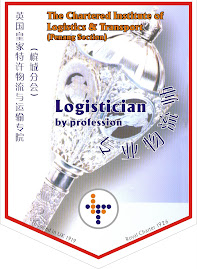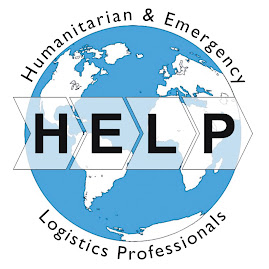
He's my Professor in USM... (photo was taken at Changi Airport, Singapore)
Associate Professor Khoo Boo Teik was born, bred and schooled in Georgetown, Malaysia, before obtaining degrees from the University of Rochester, Massachusetts Institute of Technology (MIT), and the Flinders University of South Australia. An Associate Professor in the School of Social Sciences, Universiti Sains Malaysia (USM), Dr Khoo is the author of two-well acclaimed best-selling books on Malaysian politics, namely:-
1. Paradoxes of Mahathirism: An Intellectual Biography of Mahathir Mohamad (1995)
2. Beyond Mahathir: Malaysian Politics and its Discontents (2003).
Over the years, he has been engaged in several internationally funded multi-country research projects on social, economic, and political change in Asia (particularly Southeast Asia) in co-operation with researchers from Australia, Cambodia, Hong Kong, Indonesia, Japan, Malaysia, Singapore, Sweden, and Thailand.
.jpg)















